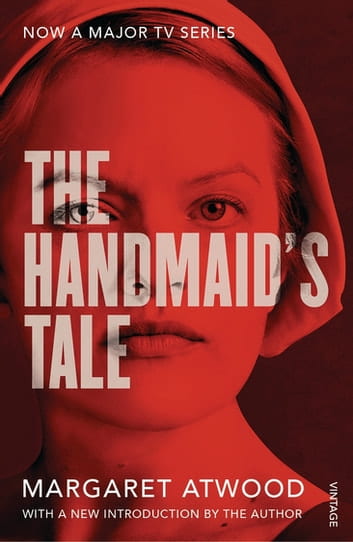For the last project and the spring exhibition, I had one of my favourite projects to conclude my years in PLP — Page to Practice. For the last few weeks in high school, I worked with Dries, Jordan, Keenan, Annie, and Nathan to construct a comic-con panel. Let me share our stories in this last PLP journey without further ado.
Project Overview

For this last project, we each read a book to answer the driving question of this project: “What can we learn from authors about achieving personal and professional success?” From the start, I was eager to read the book Think and Grow Rich by Napoleon Hill (and eliminate that option for my good friend Dries for my benefit) as my parents have always recommended this book. We then established my group based on the common theme of professional success in the workplace. Because my group and I decided to organize this as a Socratic seminar, it is memorable how we had to do many run-throughs and rehearsals to ensure we were on track. However, even with the rehearsals, panel flow, mind maps and notes, I was still very nervous. I still vividly remember how my arms, legs, body, and even face shook when I first got on stage. Yet, with the rehearsals and the support from my peers, I could calm myself down and deliver the messages from the book. As the “connector” of my group, I also tried my best to synthesize different concepts and ideas from my peers’ takeaways. Looking back, I’m glad I did my best to contribute to the panel discussion, which is our performance for the spring exhibition. At the same time, I am also grateful for the feedback and suggestions my peers and teacher gave me as I recognized, after reflection, how much worse it could’ve been without them.
Answer to DQ and Reflections
What can we learn from authors about achieving personal and professional success?

The main reason why I believe this is one of the most meaningful projects is that it allows us to learn from experts and professionals to prepare us for the future. Fundamentally, we read because we seek to learn and gain insights from authors to improve ourselves. What makes my book, “Think and Grow Rich,” exceptional is the wisdom it gathered from many people’s life experiences. Notably, Hill spent 25 years of his career interviewing 25,000 people and 500 self-made billionaires to publish this book in the 1930s. One of the most memorable lessons is the importance of a burning desire. Hill refers to that burning desire, faith and determination as the foundation for success. It was exceptionally inspiring when I learned from him that without the unwavering will to achieve your goal, nothing can be achieved. Interestingly enough, Napoleon Hill spent more than a quarter of the book talking about building that burning desire and unwavering determination in you. One of the most thought-provoking stories from the book was Darby’s stories.
“R.U. Darby’s uncle discovered a vein of gold in Colorado and borrowed money to purchase mining equipment. After a few weeks of successful mining, the vein of gold disappeared. Despite exhaustive efforts to locate the vein, they found nothing. They gave up and sold their equipment to a junkman for a few hundred dollars. The junkman, aware of the situation, sought the advice of a mining engineer. The engineer’s calculations revealed that the gold vein was just three feet from where the Darbys had stopped digging. The junkman went on to make millions from the mine. “
From those real-world experiences of other people, I learned that persistence in the face of challenges often leads to success, just beyond the point of defeat. Darby’s story emphasizes that many people lack the determination and courage when they are on the brink of significant success. At the same time, Hill also mentioned the importance of decision-making, which is our core competency for this project, in the aftermath. As he stated: “Successful people make decisions quickly (as soon as all the facts are available) and change them very slowly, if ever. Unsuccessful people make decisions very slowly and change them often and quickly.” Connection back to the idea of a burning desire, the decisiveness when making a decision reflects how determined we are. Looking back, I really felt that Napoleon Hill wrote this book as a step-by-step guide for ordinary people to achieve success. Within 13 chapters, Hill explores the stepping stones for success, from building determination, transforming and narrowing your energy to constructing the right environment for yourself to help you achieve your goals. If anything, all we should always remember is that “whatever the mind can conceive, it can achieve!”




































